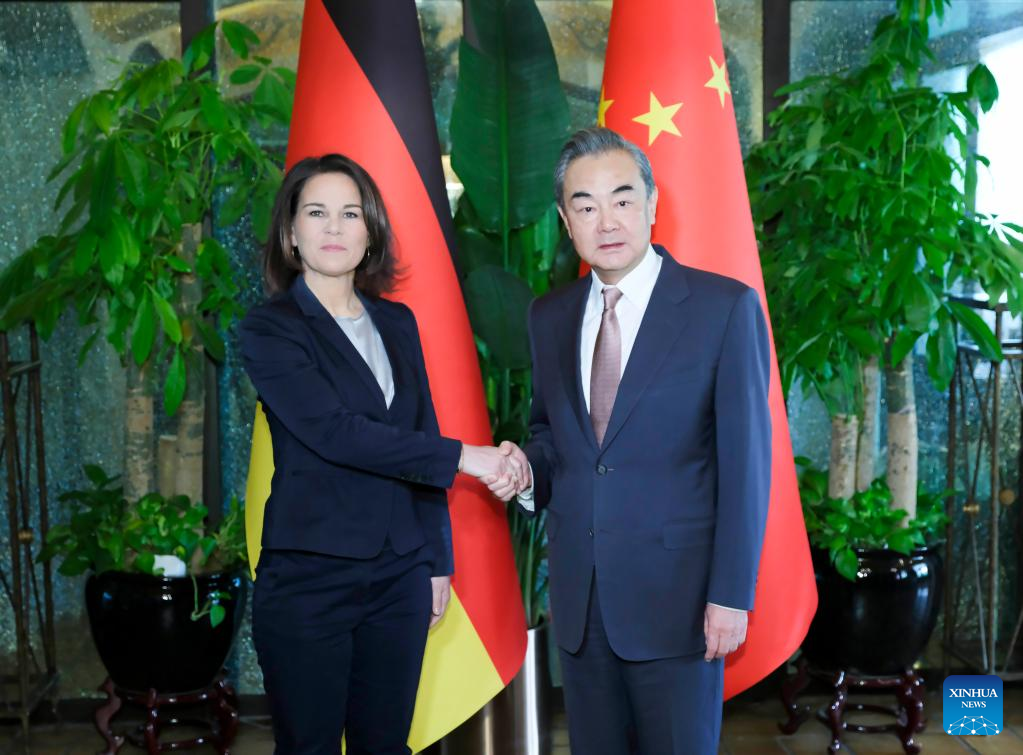In order to offset China’s increasing assertiveness in the Indo-Pacific, Secretary of State Antony Blinken sought to improve connections with America’s former adversaries in Hanoi on Saturday, April 15.
This was done fifty years after the last US combat forces left South Vietnam.
Just two weeks after the 50th anniversary of the US troop pullout that put an end to America’s direct military participation.
In Vietnam, Blinken and Vietnamese Prime Minister Pham Minh Chinh made a commitment to elevate relations to new heights.
And less than 30 years after diplomatic relations were established. Blinken began ground on a large new $1.2 billion US embassy compound in the Vietnamese capital.
A project the Biden administration hopes would show its commitment to further enhancing ties in 1995.
The US has sought to use Vietnam’s long-standing rivalry with its much larger neighbour China to increase its influence in the area.
Despite concerns about Hanoi’s human rights record. Washington sees Hanoi as a critical part of its strategy for the region.
After meeting with Chinh, the foreign minister and head of the Communist Party of Vietnam, Blinken told reporters, “We think this is an auspicious time to elevate our existing partnership.”
We will continue to develop our already fruitful and extensive connection moving forward, according to China.
“We greatly appreciate the US’s role and responsibility towards the Asia Pacific, or, in a broader sense, the Indo-Pacific,” the statement reads.
















